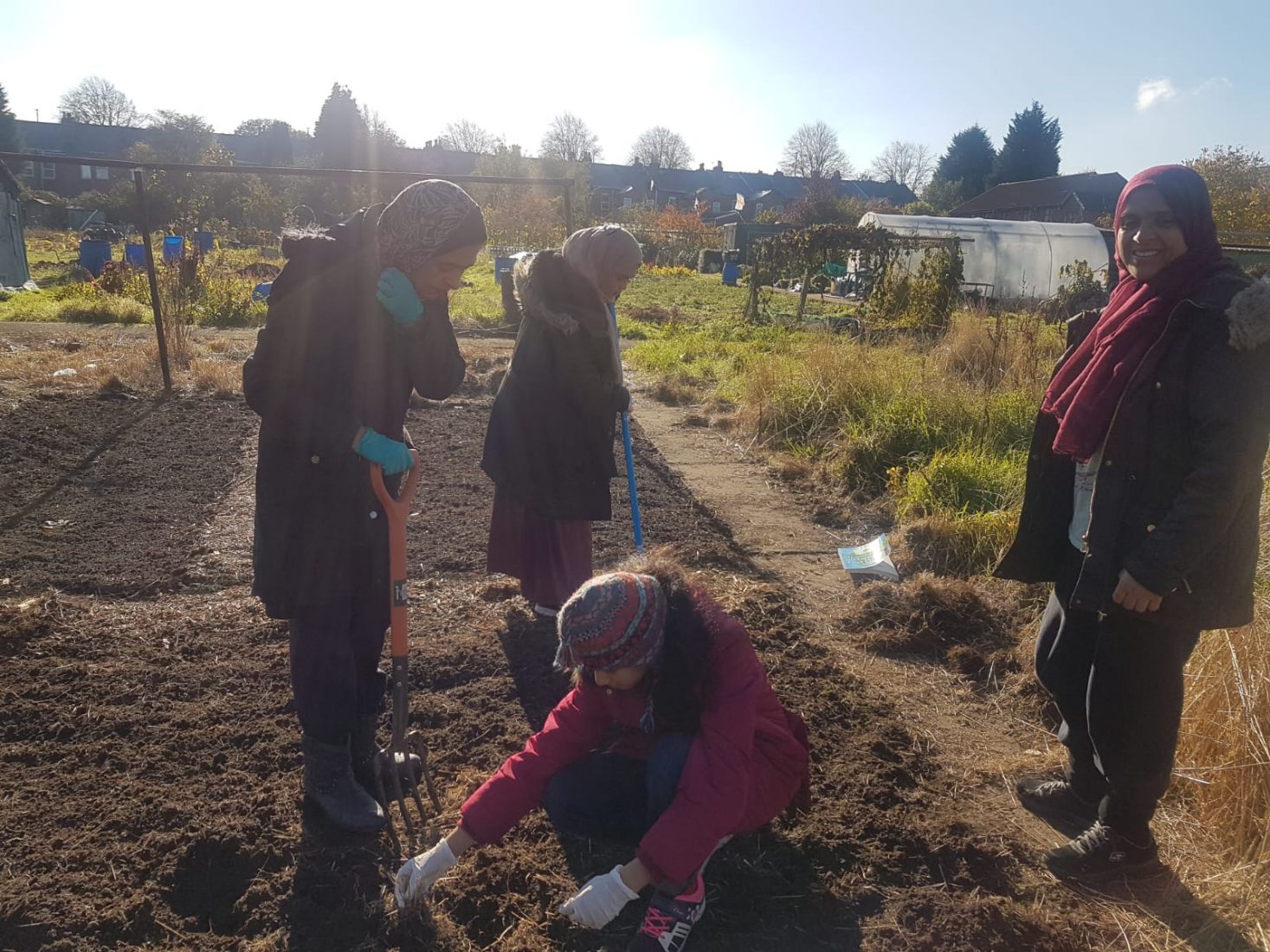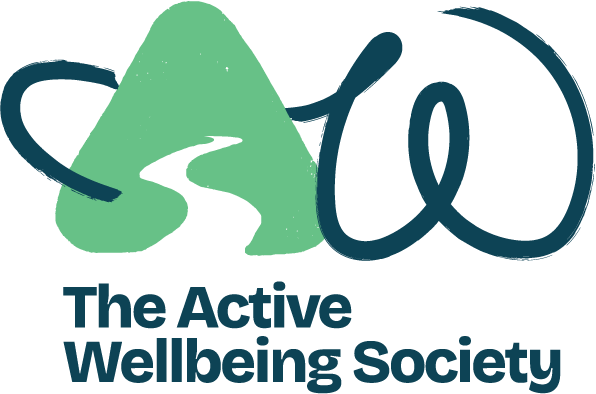According to a recent report physical inactivity is responsible for 1 in 6 UK deaths, this is equivalent to smoking and costs the UK an estimated £7.4 billion annually (including £0.9 billion to the NHS)
GPs and health care providers have now began prescribing physical activity rather than relying fully on medical cures following compelling evidence suggesting 40% of long-term conditions could be prevented if everyone met the UK Chief Medical Officer’s physical activity recommendations.
Social prescribing takes an ‘asset-based’ approach to improving patient’s health, and builds on social, community and neighbourhood groups. It also gives people time to discuss issues that matter to them and supports people to find suitable activities that they are likely to enjoy.

NHS England recently described social prescribing as a key component of the NHS Long Term Plan and has committed funding towards building infrastructure for social prescribing in primary care.
In Birmingham, The Active Wellbeing Society have recently introduced ‘Holistic Interventions’ a social prescribing programme as part of the Active Communities initiative, a National Lottery funded pilot backed by Sport England.
The referral programme enables people to benefit from being more active and socially connected, targeting some of the most deprived areas of Birmingham and those with some of the highest rates of physical inactivity. The programme has also introduced various academic measures to help track the happiness and wellbeing of patients.
Research conducted by equality and human rights charity Brap found that 87% of participants have noticed benefits in physical health, 93% noticed an improvement in their mood and 93% felt a sense of community.
One of the participants said “Health-wise the walking has reduced my weight and I feel healthier. I am out for 7 days week which never would have happened before, I have told my family if I could stay at these activities longer I would. I really enjoy the gardening class and the yoga and Pilates.”
The work has also enabled diverse neighborhoods to find a platform to come together and interact. Another participant added “Although we live in a diverse community I don’t think we get to know each other, these activities have meant we know more about each other and who our neighbours are. It helps people to feel less lonely, I know I certainly feel less alone.”
Holistic Interventions is one of several initiatives delivered by The Active Wellbeing Society, a community benefit society established to enable people and communities to get active together. You can refer patients, self-refer or discover a variety activities suitable for beginners on their website.

